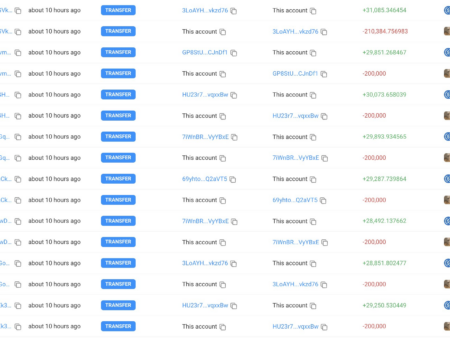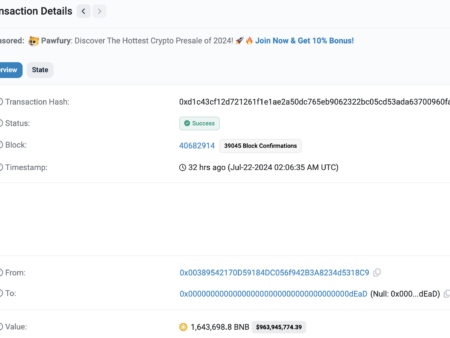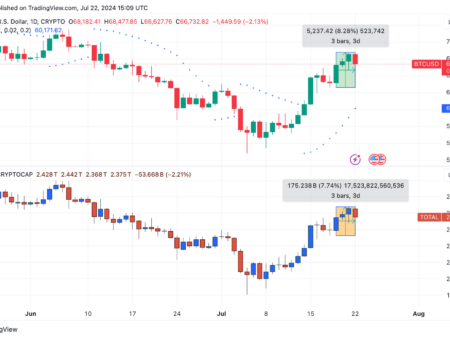Lawmakers in the State Duma have signed a bill that will allow Russian companies and their partners to use the digital ruble and “digital assets” in international deals.
According to an official statement from the State Duma and a report from RBC media, legislators approved the bill at second and third readings on February 27.
State Duma gives green light to trade based on digital assets
The bill appears to have fast-tracked its way through the Russian legislature. Lawmakers want domestic companies to start piloting cross-border trades using “digital financial assets.”
Russian law classifies the digital ruble as a “digital financial asset”. Other assets that fall into the same category include commodities and digitized securities.
Some types of NFTs may one day also meet the legal definition of “digital assets,” according to experts.
The Committee on Financial Markets of the State Duma approved the new amendments to the draft law on February 21 and immediately submitted the draft law to the plenary session of the Duma on February 27.
Moscow may be keen to follow in the footsteps of its allies in Beijing and Dubai. Earlier this month, the nations signed a CBDC transaction worth $13.6 million using the digital dirham and e-CNY.
The bill will now pass to the Senate for approval. President Vladimir Putin will then have to approve it before it becomes law.
Committee members made numerous changes to the bill after the first reading.
These changes clarified the procedure for “purchasing digital financial products” on approved “marketplaces”.
 The State Duma building in Moscow, Russia. (Source: Duma.gov.ru [CC BY 4.0])
The State Duma building in Moscow, Russia. (Source: Duma.gov.ru [CC BY 4.0])The Central Bank is given new powers
The bill also designates the Central Bank of Russia as the primary regulator for digital asset trading. It also allows the bank to “determine the conditions and prohibitions for digital asset transactions.”
Anatoly Aksakov, chairman of the Committee and main architect of the bill, said this week that Russia’s partners were “very interested” in using digital assets to trade with Moscow. After the State Duma passed the bill, he said:
“The use of digital assets in foreign trade operations will help Russian importers and exporters work more actively with friendly countries. To some extent we will be able to solve the problem of sanctions imposed on Russia.”
He said the need to pass the bill into law is urgent. Aksakov explained that “currently, the use of digital assets for international payments is not subject to currency regulation or exchange control.”
Russia Sets Record for Oil Exports – Bloomberghttps://t.co/7ur41hrTmy
– MSN Canada (@MSNca) February 28, 2024
Russian legal experts said the bill “does not apply to cryptocurrency,” which under national law is “not classified as a digital financial asset.”























